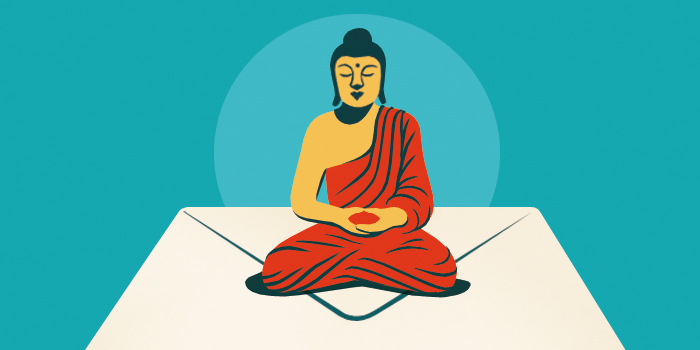What do Buddhists think about organ donation?
This question presents an interesting challenge for Buddhists, because nothing in the records of the Buddha’s teaching addresses an issue like this. On the one hand, allowing one’s organs to be used to prolong life and mitigate suffering for others is right in line with the Buddha’s teachings on generosity and compassion. Because a human life is seen as a precious and rare occurrence, anything we can do to safeguard that is a good thing.
On the other hand, in many Buddhist traditions—especially in East Asian and Tibetan Buddhist schools—allowing the body to lie undisturbed after death is a common funerary practice. It’s believed that letting the body rest undisturbed while relatives chant and meditate nearby helps the consciousness of the deceased to take leave of this life and move on to the next. In Tibetan Buddhism, this stage is thought to take 49 days. Other traditions (for example, Theravada) assume that unless serious obstacles are lodged in the mind, rebirth will take place right away.
Moreover, the condition of the mind at death is considered to be one of the most important factors (in addition to accumulated past karma) that determine what kind of rebirth we take. If the mind is peaceful, receptive, and happy, our chances of entering into a positive next life are much greater. Hence some teachers, especially in Tibetan schools, suggest that people who are not very developed spiritually may risk becoming upset or distracted in the bardo—the state between death and rebirth—if the body is cut open to harvest its organs.
Generally speaking, however, organ donation is considered a personal choice (and likely one that helps the donor generate good karma, as it’s an act of generosity that has positive repercussions for the living).

Tricycle is more than a magazine
Gain access to the best in sprititual film, our growing collection of e-books, and monthly talks, plus our 25-year archive
Subscribe now